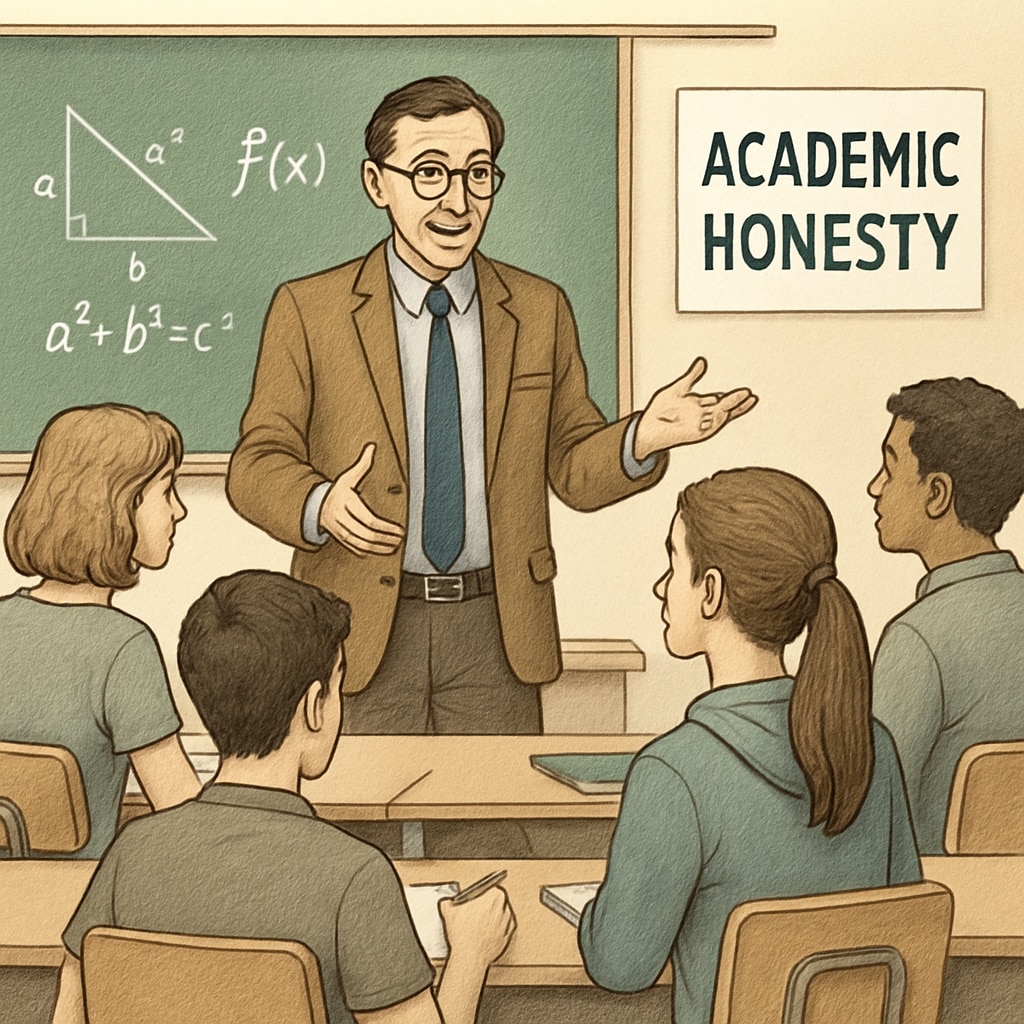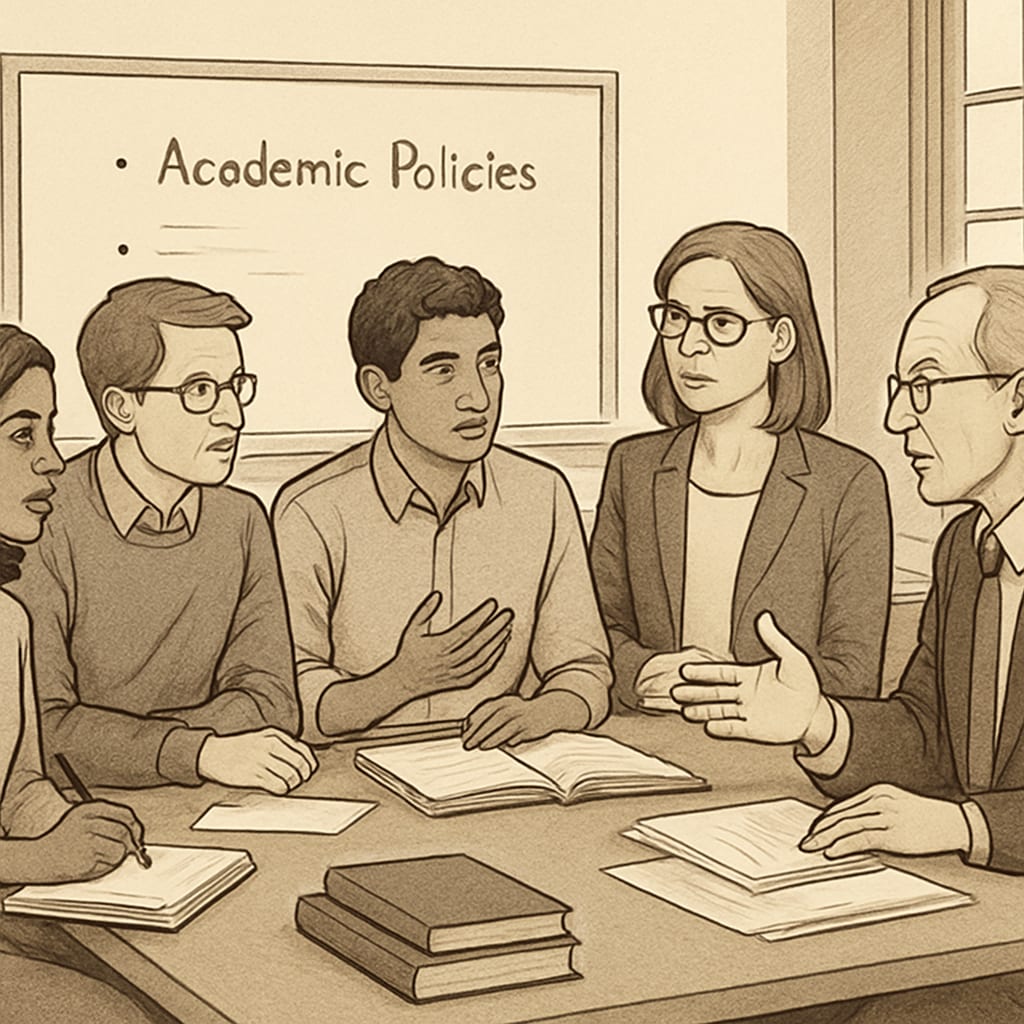Maintaining academic integrity is a cornerstone of the educational system. However, questionable plagiarism accusations by professors can undermine this principle and cause significant harm to students. In K-12 education, where young learners are still developing their academic and ethical understanding, such accusations may have long-lasting consequences. This article examines the complexities of academic integrity, the impact of unsubstantiated allegations, and ways to create a fair and transparent academic evaluation system.
The Role of Academic Integrity in Education
Academic integrity refers to the commitment to honesty, trust, fairness, respect, and responsibility in academic work. It is essential for fostering a culture of learning and innovation. Professors and educators play a critical role in upholding these values, not only by setting an example but also by guiding students to understand and practice ethical academic behavior.
However, the dynamic between professors and students is not always balanced. For example, when a professor accuses a student of plagiarism without sufficient evidence, it can erode the trust essential for a healthy learning environment. Such accusations, if proven false, may damage the student’s academic reputation and confidence. As a result, ensuring fairness in plagiarism investigations is crucial.

Questionable Accusations: Causes and Consequences
While professors have a duty to maintain high academic standards, there are instances where plagiarism accusations may be based on misinterpretations or biases. This can happen for several reasons, including:
- Miscommunication: Students may not fully understand citation rules or academic expectations, leading to work that appears plagiarized but is not intentionally so.
- Implicit Bias: Preconceived notions about a student’s abilities or background may influence a professor’s judgment.
- Overreliance on Technology: Plagiarism detection tools, while helpful, are not infallible and can flag common phrases or properly cited materials as plagiarized.
The consequences of such accusations can be severe. Students may face disciplinary actions, damaged self-esteem, and a loss of trust in the educational system. For young learners in the K-12 system, these experiences could discourage them from pursuing academic endeavors altogether.
Building a Fair and Transparent Evaluation System
To address the issue of questionable plagiarism accusations, educational institutions must adopt measures that promote fairness and transparency. Here are some strategies:
- Comprehensive Education: Teach students about academic integrity, including proper citation techniques and the importance of original work, from an early age.
- Clear Policies: Establish and communicate clear guidelines for what constitutes plagiarism, ensuring that both professors and students understand them.
- Due Process: Implement a structured process for investigating plagiarism allegations, allowing students to present their side of the story.
- Training for Educators: Provide training for professors on how to identify and address plagiarism fairly, minimizing the influence of personal biases.
- Balanced Use of Technology: Use plagiarism detection software as a tool, not as the sole determinant of academic misconduct.

Restoring Trust Through Mutual Respect
Academic integrity is a shared responsibility between professors and students. By fostering mutual respect and understanding, both parties can contribute to a positive learning environment. Professors must recognize the potential impact of their actions and ensure that accusations are based on solid evidence. Likewise, students should strive to uphold ethical standards in their work.
In addition, institutions must take a proactive role in promoting a culture of integrity. This includes not only addressing misconduct but also celebrating examples of ethical behavior. By doing so, schools can create an environment where academic integrity is valued and upheld by all.
Conclusion
Unsubstantiated plagiarism accusations undermine the principles of academic integrity and can have lasting consequences for students. In the K-12 education system, where development and learning are paramount, fairness and transparency are essential. By implementing clear policies, providing education and training, and fostering mutual respect, institutions can ensure that academic integrity is upheld while protecting students from unwarranted harm.
Ultimately, the goal is to create a system where both professors and students feel supported in their pursuit of knowledge, fostering a culture of trust, respect, and ethical academic practices.


